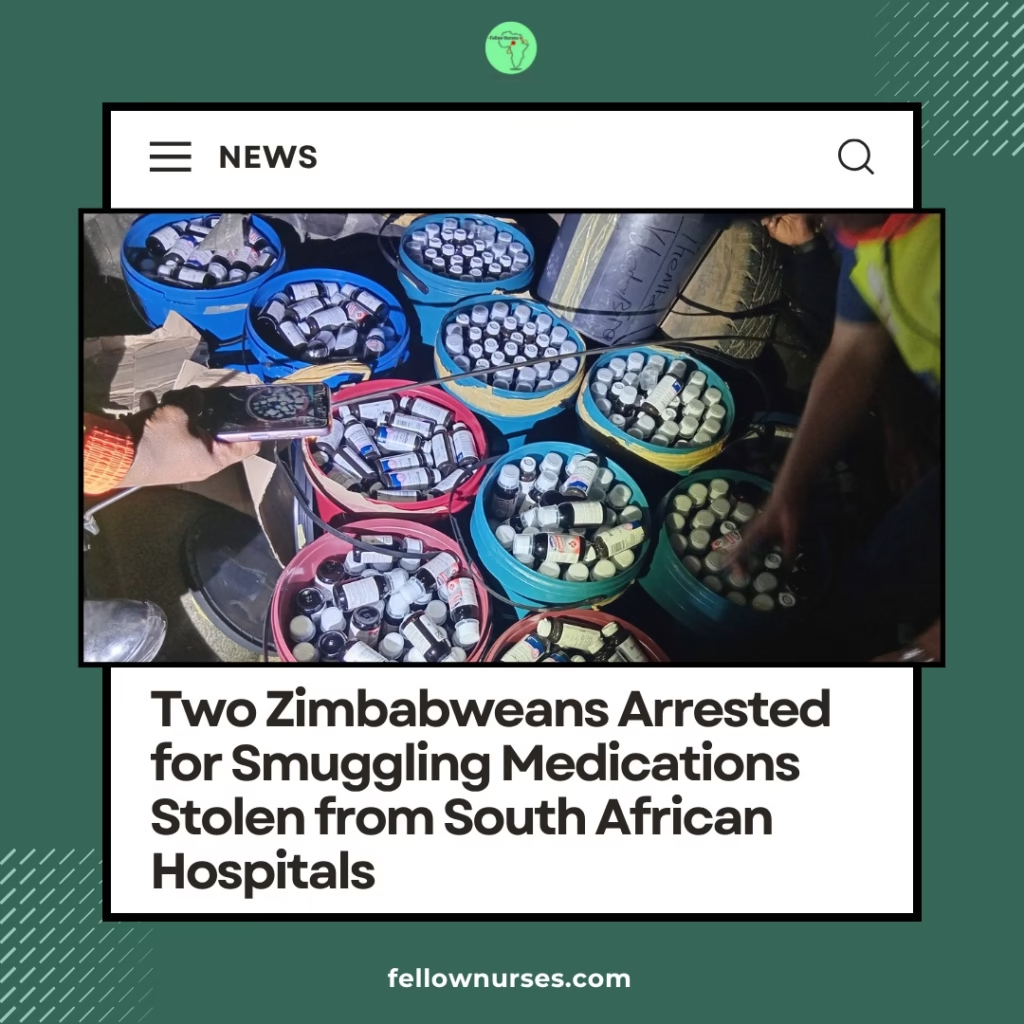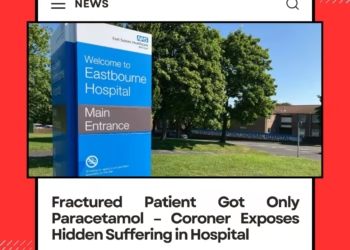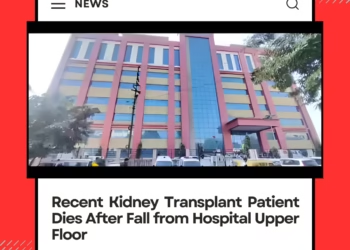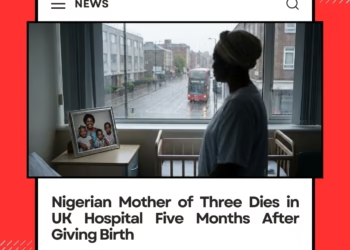
South Africa’s National Traffic Police arrested two Zimbabwean nationals on October 12, 2025, after intercepting a bakkie loaded with hospital-issued medications in Midrand, Gauteng.
Officials confirmed that the medicines—many bearing labels from public hospitals and healthcare depots—were allegedly being trafficked for resale in Zimbabwe.
Authorities say the discovery followed a routine patrol stop that led to a full search of the vehicle. Officers found several boxes and containers filled with Broncleer cough syrups, antibiotics, and other prescription drugs meant for South African public hospitals.
Hospitals and Clinics Affected
Preliminary findings suggest the medications were stolen from multiple public healthcare facilities, though investigators have not yet identified the specific hospitals involved.
The Department of Health is working with law enforcement agencies to trace the supply chain and determine how such large quantities left hospital premises undetected.
Health experts have described the case as a serious breach of hospital inventory controls, raising questions about accountability within provincial health departments and contracted suppliers.
Public Health Impact
The smuggling of medical supplies has ripple effects on hospital operations. Each stolen box represents a gap in patient care—especially in facilities already battling shortages of pain relief drugs, antibiotics, and chronic disease medications.
“This is not just theft—it’s the denial of treatment to patients who depend on the public system,” one Gauteng health official said on condition of anonymity.
The seized codeine-based cough syrups, especially Broncleer, are part of a growing regional addiction crisis in Southern Africa. The high demand in Zimbabwe has made them a target for cross-border trafficking from South African hospitals and pharmacies.
Public Reaction and Next Steps
News of the arrest quickly spread on social media, reigniting debates over foreign involvement in hospital drug theft and border control failures.
Many South Africans expressed outrage, arguing that systemic corruption and weak oversight are enabling the black-market trade in hospital medications.
The Department of Health has pledged to tighten monitoring systems and strengthen hospital drug inventory audits, while the National Traffic Police confirmed that the two suspects remain in custody pending formal charges.
Authorities have also called for enhanced cooperation between South Africa and Zimbabwe to stop the illegal movement of public hospital supplies across borders.
A Larger Problem
This arrest highlights a deeper crisis within South Africa’s healthcare infrastructure—theft, mismanagement, and porous systems that leave hospitals vulnerable.
Analysts warn that unless reforms are enforced at facility level, similar cases will continue to surface, undermining the credibility and functionality of the public health sector.
Fellow Nurses Africa is the independent voice of African nursing. We educate, inform and support nurses across Africa.










